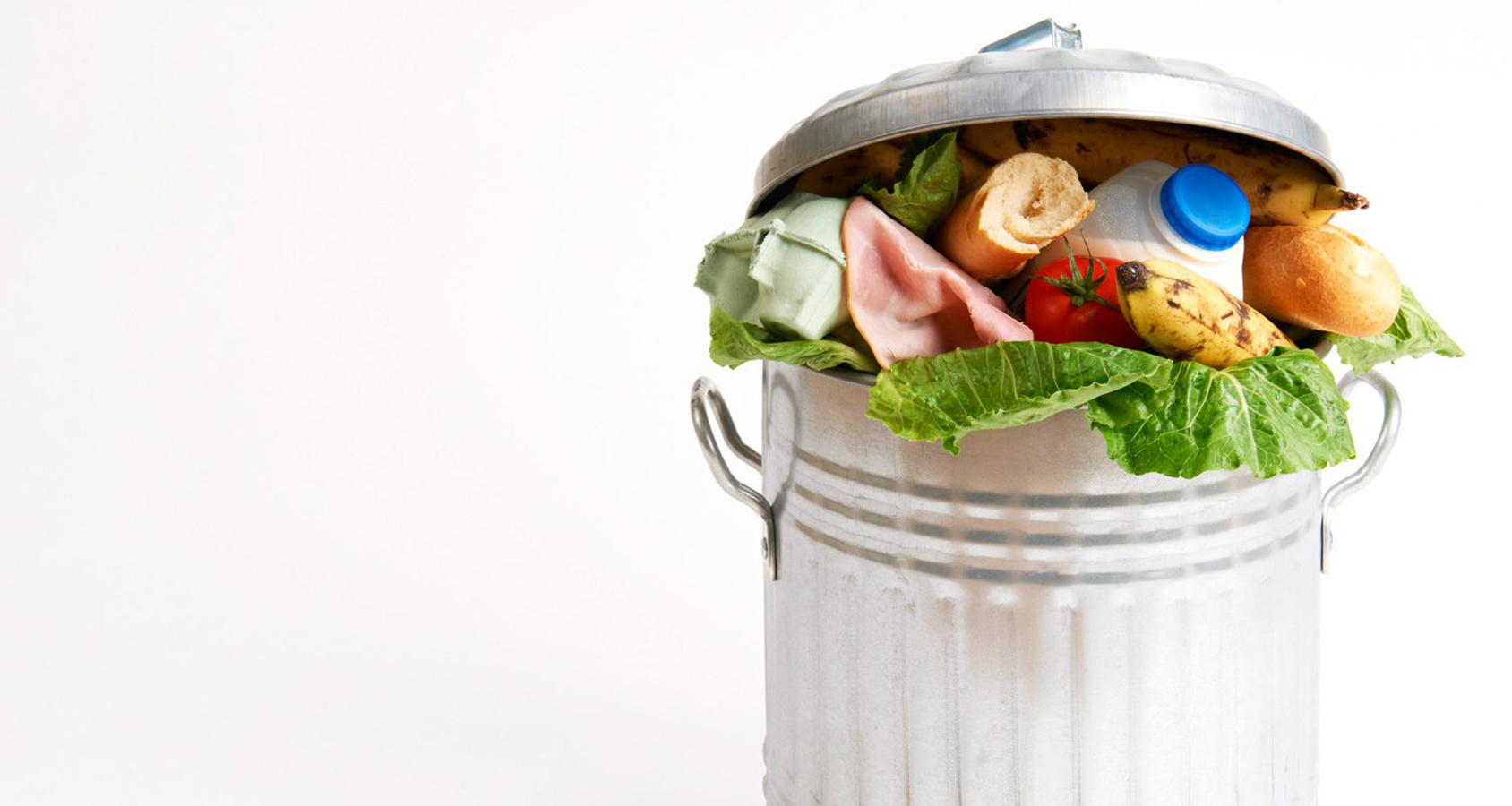The #1 Way Americans Waste Money

Oct 25 | 2018

We’ve all been there: wandering through the produce aisle at the grocery store, full of hope, certain this will be the week that everything changes and you start eating like a slender rabbit. You load your cart with leafy greens and Brussels sprouts, you avoid the ice cream aisle all together. You leave the store glowing with pride, excited to start your new life as a health-guru/yoga-master who does regular face masks and drinks 8 glasses of water a day.
Flash forward two days. It’s 10:30 pm on a Tuesday. You would sacrifice your first-born child for a Twinkie. You search your fridge desperately, finding nothing but the relics of a past self who didn’t think broccoli was an abomination. Trembling from sugar withdrawal, you tearfully dial Domino’s. Later on, you drift to sleep peacefully, among a pile of greasy cardboard and shame. In the morning, you discard the wilted vegetables in your fridge with remorse and promise yourself that you’ll try again next week.
If any of this sounds familiar, you aren’t alone. The Guardian recently reported that Americans waste 150,000 tons of food each day, the equivalent of one pound per American. Research has found that people with diets rich in fruit and vegetables are the most wasteful, as produce is most often thrown out (obviously), followed by dairy and then meat. This means that you may end up wasting thousands of dollars a year on uneaten food.
In fact, Americans throw away around $165 billion worth of food each year, which is about $2,200 per household on average, according to a recent study by the Natural Resources Defense Council (NRDC).
A lot of this waste is the result of Americans’ infrequent grocery shopping. We tend to purchase a lot of food at once, and aren’t able to consume it all before it goes bad. A sure fire way to avoid this is by shopping more often. By stopping by the grocery store every other day and just purchasing the necessary ingredients, you can ensure you won’t buy in excess and end up wasting money.
(adsbygoogle = window.adsbygoogle || []).push({});
Even more importantly, you can avoid wasting money on food by being realistic about what you buy. If you’re a Kraft mac-n-cheese kind of person, don’t let Whole Foods convince you that maybe this week you’ll be a tilapia with roasted beets kind of person. Instead, buy foods you enjoy and throw in a few healthier ingredients to try, and then work the ones you like into your normal shopping rotation.

If you need a reason other than money to be more careful about wasting food, then you can always count on the environment for a guilt trip. The Guardian reports that the yearly volume of discarded food in America is equivalent to the yearly use of 30m acres of land, 780m pounds of pesticide and 4.2tn gallons of irrigated water. Additionally, rotting food clogs up landfills and releases methane into the atmosphere.
So, next time you’re standing in Trader Joe’s, sure that you’ll finish that family-size bag of spinach by yourself, consider the hole that spinach could burn in your wallet and the ozone layer.











